latest
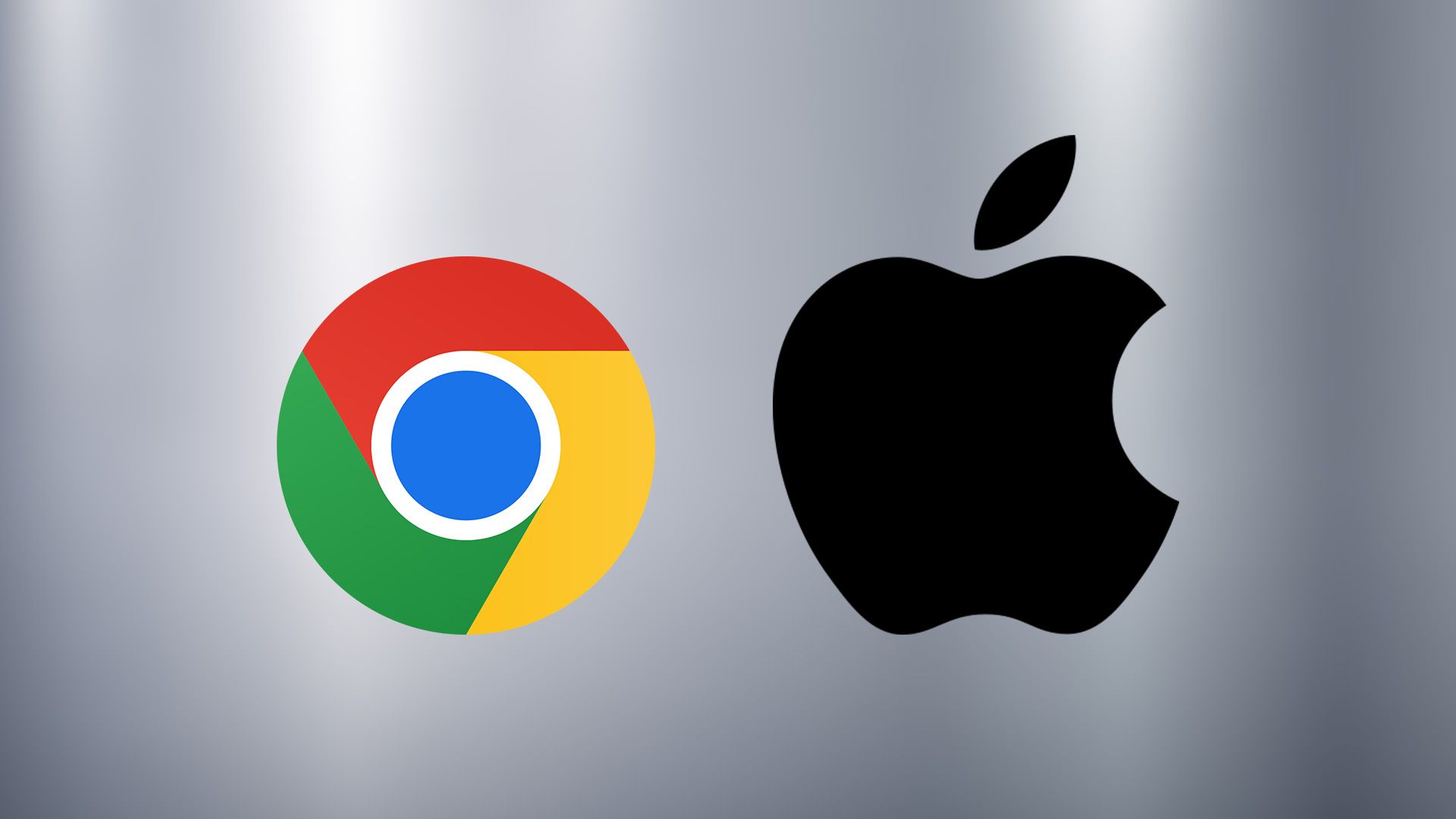
Google Chrome is letting iPhone users move the Omnibox to the bottom
That's gotta sting for old Android Duet users
Way back in 2020, Android users on Google Chrome cried out in sorrow as the long-developed Chrome Duet experiment died out. Duet was a feature flag that users could turn on to move the address bar — or Omnibox — from the top of the screen to the bottom. Google worked on Duet for four years before axing it, and Android users still have no way to move the Omnibox to the bottom on Chrome. However, Chrome on iPhone has given people a way to do just that.
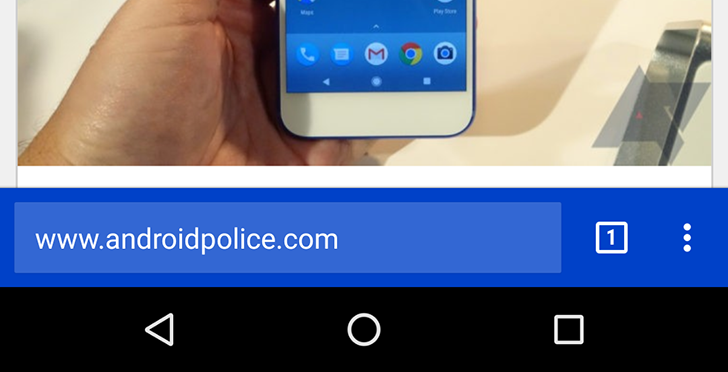
Chrome Home's bottom address bar: Ahead of its time and intentionally left behind
Ex-Google original designer recounts the history of his project now that bottom address bars are hot again
Plenty of folks, including us, found a few of Apple's changes to Safari in iOS 15 to be familiar, resembling a redesign Google spent years testing for Google Chrome. While that UI, originally called Chrome Home, was ultimately abandoned after years of testing on users, a former Googler and designer intimately involved with the changes recently published a short but fascinating account of the time that pulls aside the curtain on the rise and fall of Chrome's now-defunct bottom navigation bar.
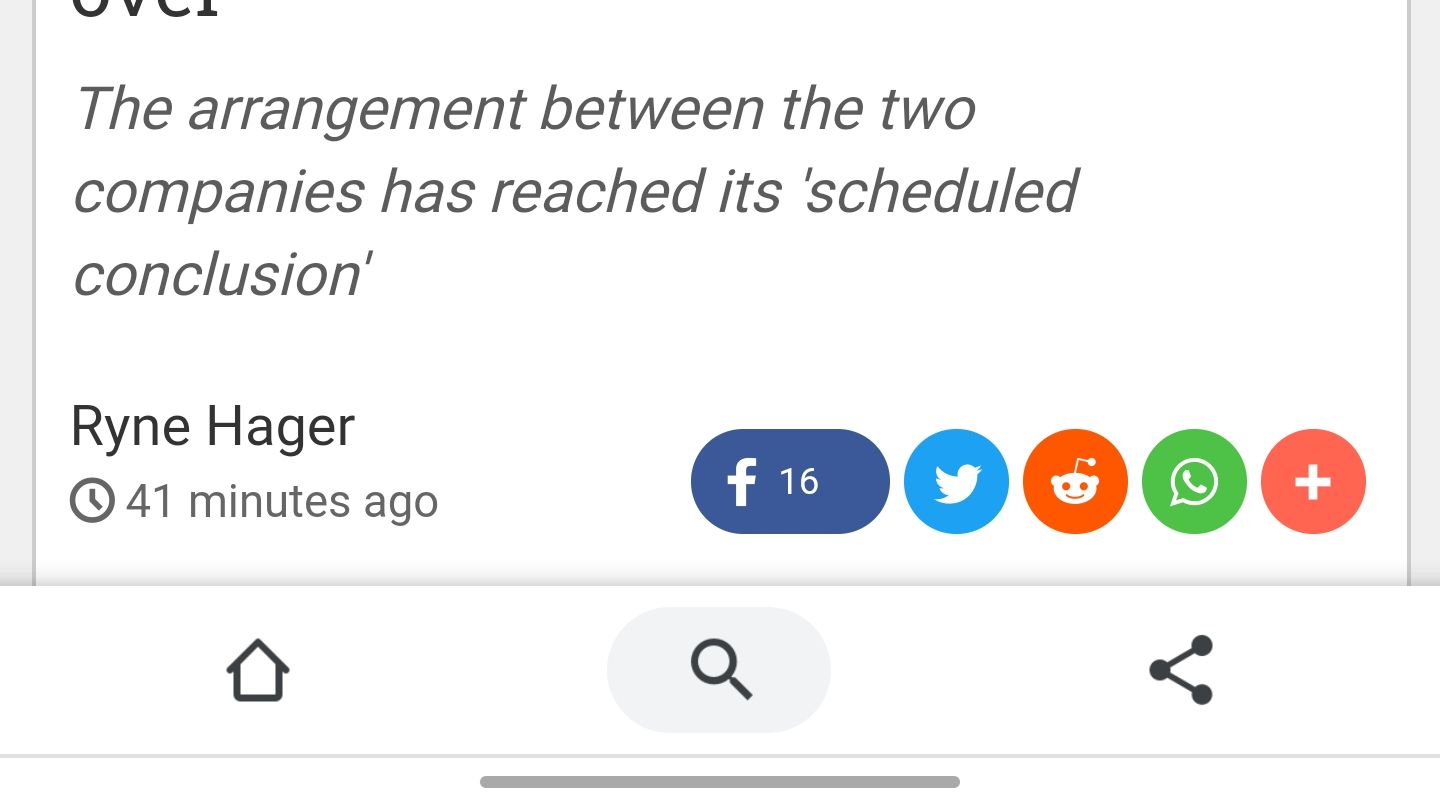
Google has been working on some variation of a bottom bar in Android's Chrome browser for nearly four years. It started as 'Chrome Home,' which moved the entire address bar to the bottom of the screen, but it was later revamped into 'Duplex,' later renamed to 'Duet' to avoid confusion with the Google Assistant feature of the same name. Now it appears the long-running interface experiment is gone for good.
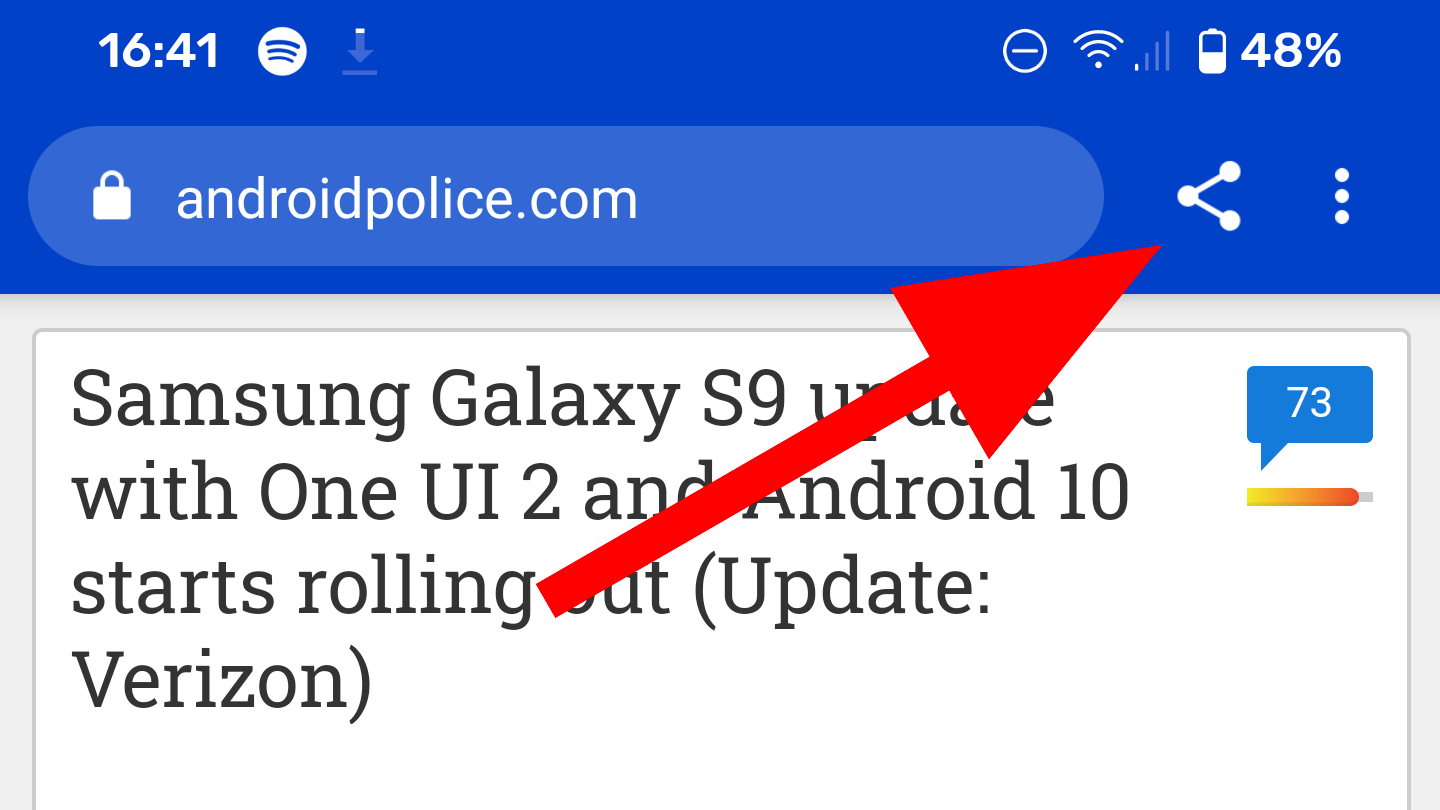
Chrome flag makes sharing web pages faster thanks to new toolbar button
Functional in Canary for now
Chrome flags are a nice way to try new things in the browser without really breaking anything. A couple of taps and you get new features, a few more taps and you revert them if they don't work for you. A new flag worth trying has appeared in Chrome Canary. It's basic, but handy: It makes sharing web pages a one-click affair.

Google has been working on a bottom bar interface for Chrome for what feels like forever and keeps changing the layout. Initially, the browser had its complete app bar moved to the bottom, while recent implementation left the bare address bar up top and put all buttons (new tab/tab switcher, home, share, overflow menu) in the new location. The latest iteration of the design, accessible on Chrome Beta and Dev, reduces the number of shortcuts on the bottom from five to three, and people aren't happy about it.
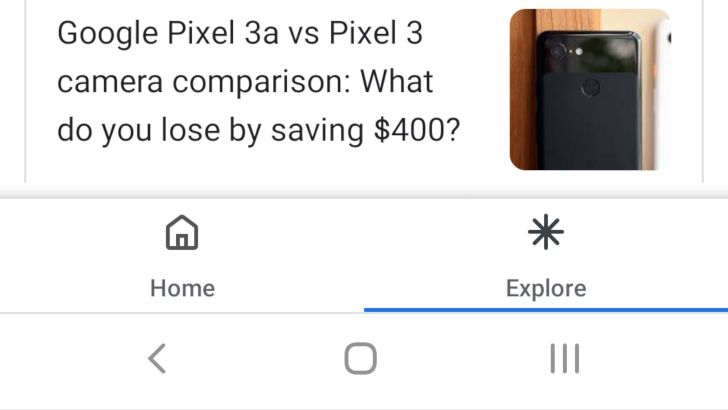
[Update: New combined Single Surface UI] Chrome tab switcher gets 'Explore' tab in new UI experiment
Google's recommended articles already exist in the Google app, the far left page of most app launchers, the New Tab page in Chrome for Android, and on the mobile google.com homepage. In case you need yet another place to find your favorite clickbait articles or mildly-relevant news, you might soon see them in Chrome for Android's tab switcher.
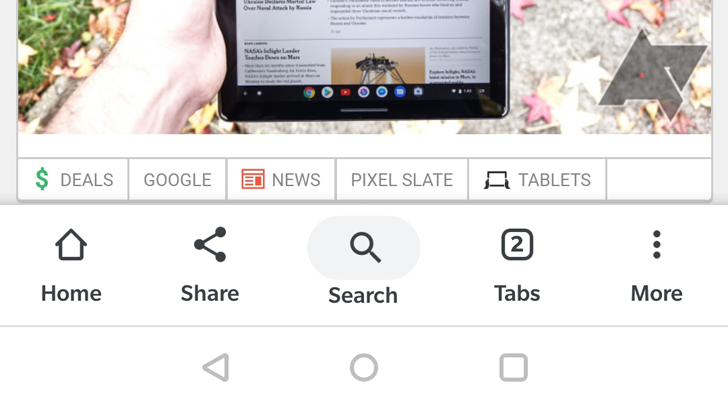
Duet, aka Duplex, is the alternative Chrome interface that puts the toolbar at the bottom, making it easier to access your homepage, search, share the current site, switch tabs, and open the overflow menu. Duet has seen many changes ever since its inception in 2016 as Chrome Home, but it's been mostly the same over the past months. However, a recent test sees the bottom tab get larger and pick up labels. Luckily, you can disable it if you don't like it.

Part of the changes introduced with Chrome's Duet interface (previously known as Duplex) is a new search button in the bottom bar that lets you jump to the address bar and perform a Google search. But until now, it wasn't clear that you could start typing a new query immediately, as the URL was still there and highlighted. A new Chrome flag has been added to clarify things, plus make it easier to share or copy the current page's URL.
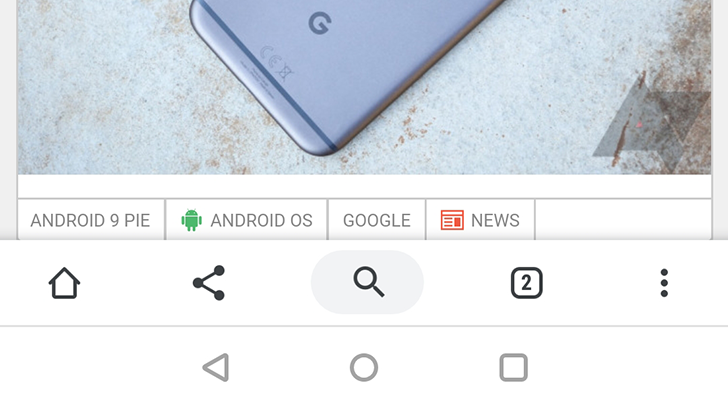
Chrome 70 was a relatively minor release (at least when it came to user-facing changes), and it seems like Chrome 71 is much the same. The latest version of Chrome is now rolling out to desktop platforms and Android, with a few noteworth changes — particularly involving the 'Duet' interface and autoplay.

Back in May, Google announced something called 'Google Duplex' at I/O. The feature would be able to call businesses using humanlike speech patterns to set up appointments or make reservations. But months before that, the Chrome team had already renamed its experimental 'Chrome Home' interface to 'Chrome Duplex.' Chrome Duplex is now being renamed again to 'Chrome Duet' to avoid confusion with the fancy new Google Duplex.





